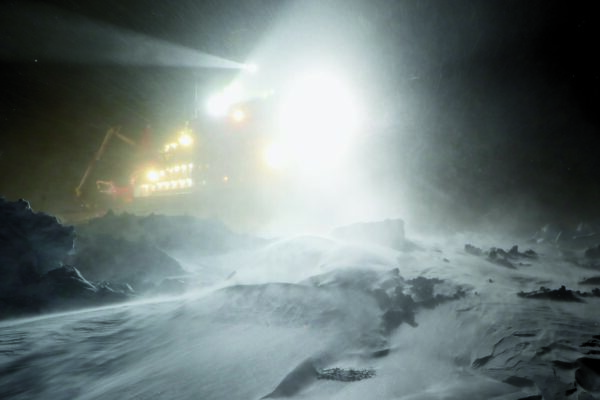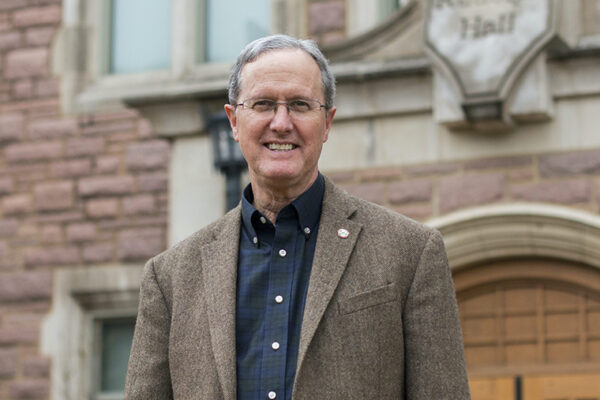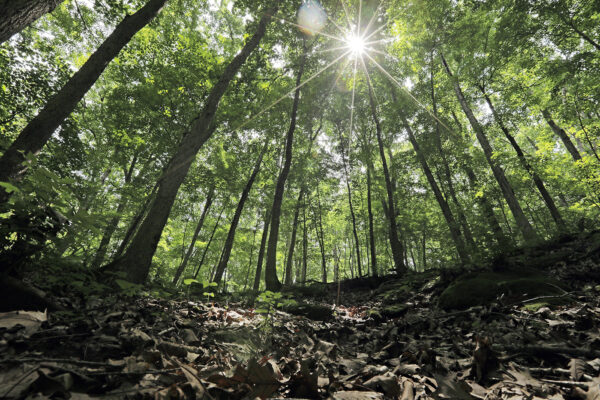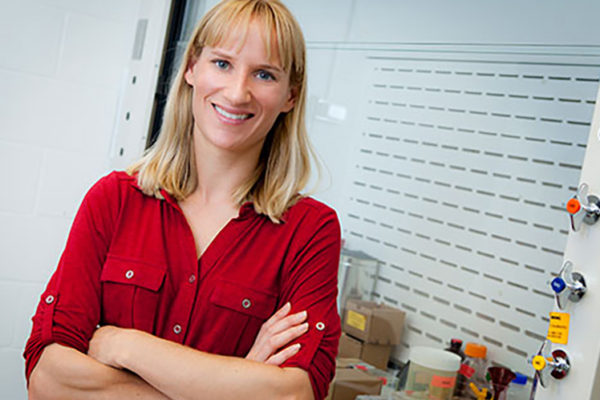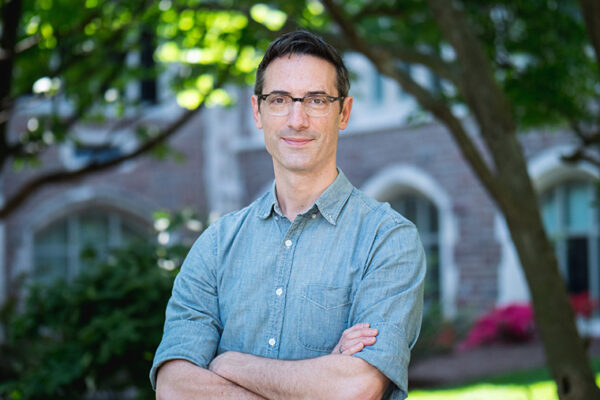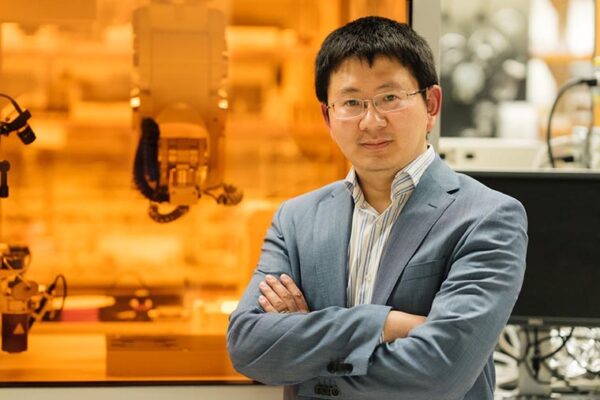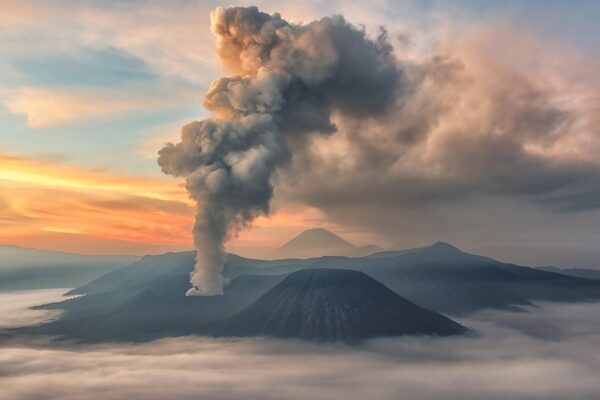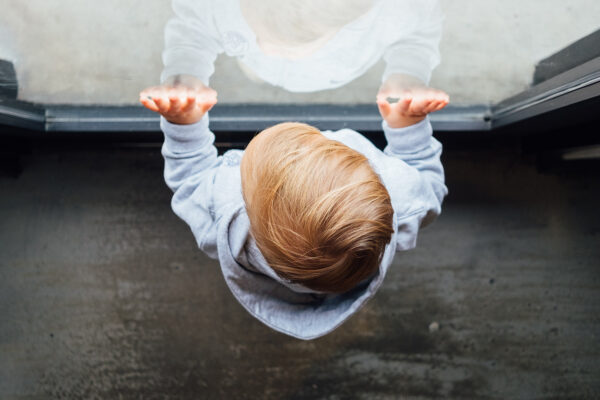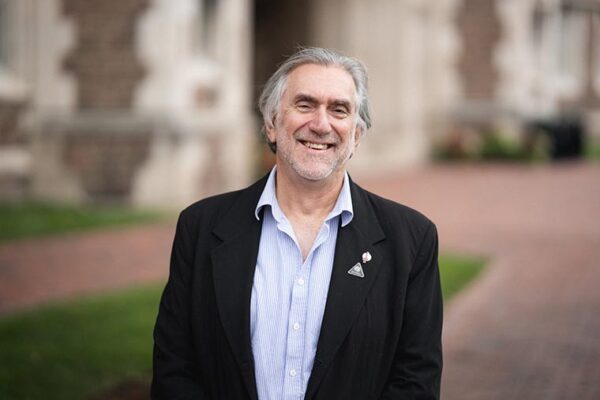Blowing snow contributes to Arctic warming
Atmospheric scientists led by Jian Wang, at the McKelvey School of Engineering, analyzed data from an Arctic expedition and found that blowing snow is a source of sea salt aerosols, impacting Arctic climate models.
Jolliff selected for geology team for lunar landing mission
Bradley Jolliff in Arts & Sciences is part of the team that will develop the surface science plan for Artemis III, the first crewed lunar landing mission in more than 50 years.
New Center for the Environment begins work
Washington University’s new Center for the Environment begins its work, another step forward in the “Here and Next” strategic plan.
Wagenseil named fellow of Biomedical Engineering Society
Jessica Wagenseil, a professor of mechanical engineering and materials science and vice dean for faculty advancement in the McKelvey School of Engineering, has been elected a fellow of the Biomedical Engineering Society.
Physicist Henriksen to build quantum-scale sensors
Erik Henriksen, an associate professor of physics in Arts & Sciences, is part of a team that was awarded funding from the National Science Foundation’s Quantum Sensing Challenges for Transformational Advances in Quantum Systems program.
Chemists develop unique design for tough but stretchable gels
Chenfeng Ke, an incoming associate professor of chemistry in Arts & Sciences, developed a unique design for tough but stretchable hydrogels, reported Aug. 23 in the journal Chem. The new material is both flexible and durable.
What happens in the tropics affects the globe
Volcanic eruptions can cause the Pacific Walker Circulation to temporarily weaken, inducing El Niño-like conditions. Human activity is affecting this system, too.
Engineers named fellows of Asia-Pacific Artificial Intelligence Association
Ramesh Agarwal, a professor of mechanical engineering & materials science, and Yixin Chen, a professor of computer science and engineering, both in the McKelvey School of Engineering, have been elected as fellows of the Asia-Pacific Artificial Intelligence Association (AAIA), an interdisciplinary organization of AI industries.
Race-based variations in gut bacteria emerge by 3 months of age
A study from biologist Elizabeth Mallott in Arts & Sciences highlights a critical development window during which racial differences in the gut microbiome emerge. Early social and environmental exposures can have large and lasting effects on child development and adult health.
McKinnon wins 2023 Kuiper Prize
The American Astronomical Society honored William B. McKinnon of Arts & Sciences for outstanding contributions to planetary science, including his work to propose and develop a series of novel ideas that profoundly changed the view of geophysical processes in the solar system.
Older Stories
